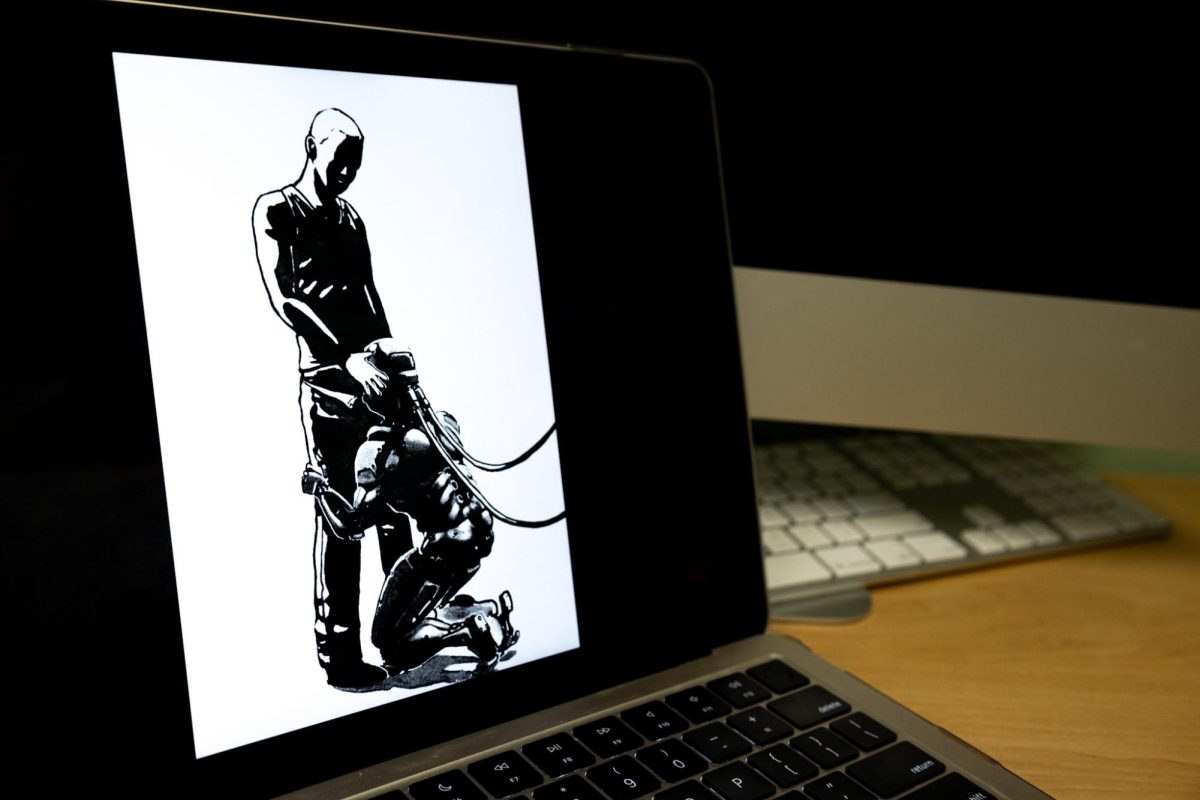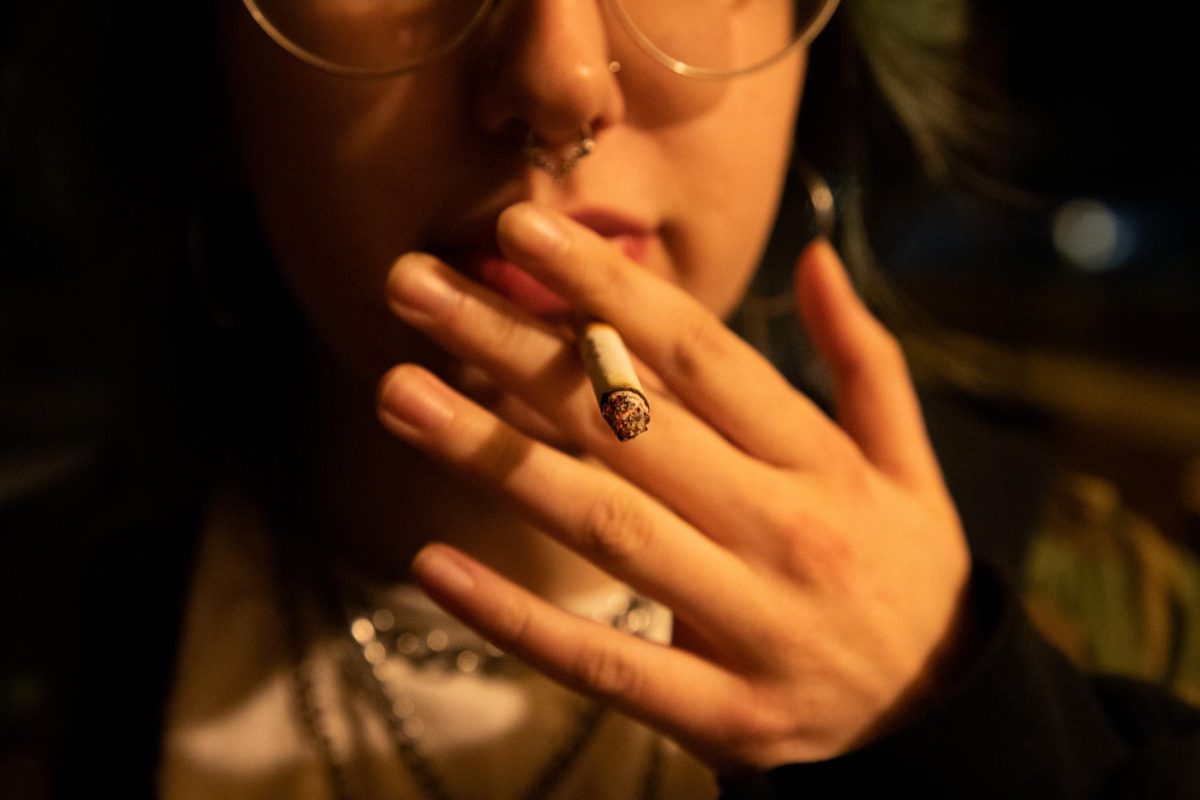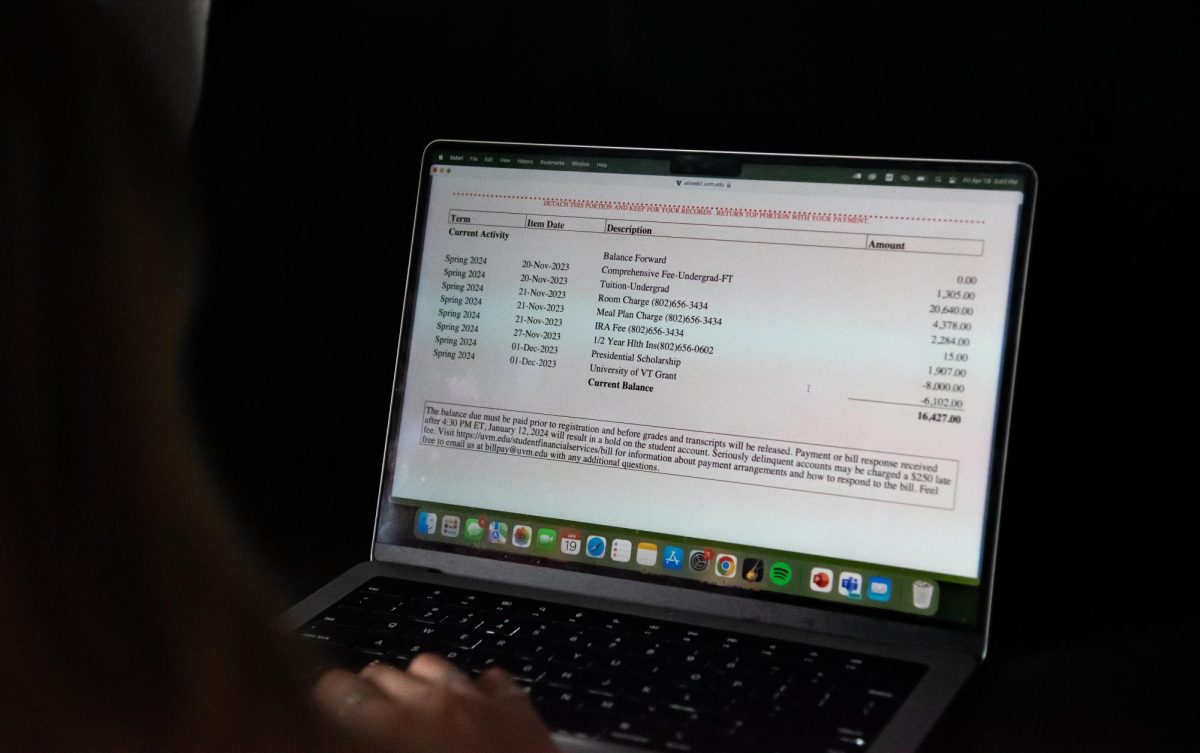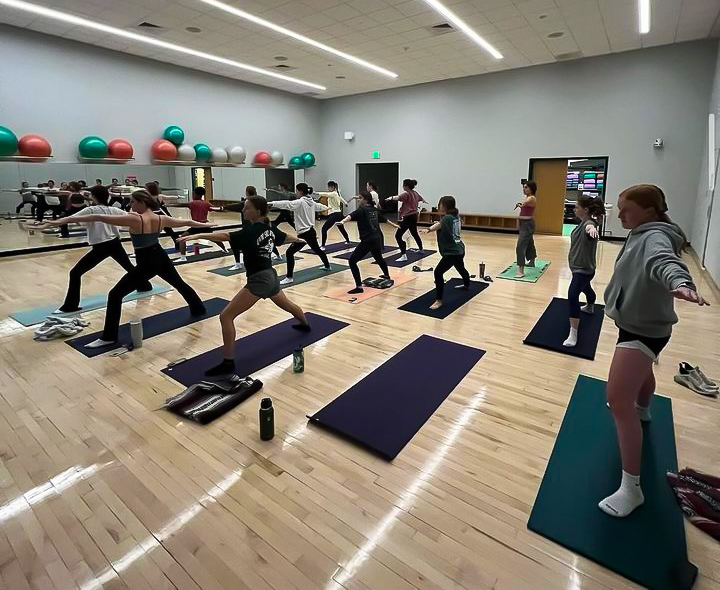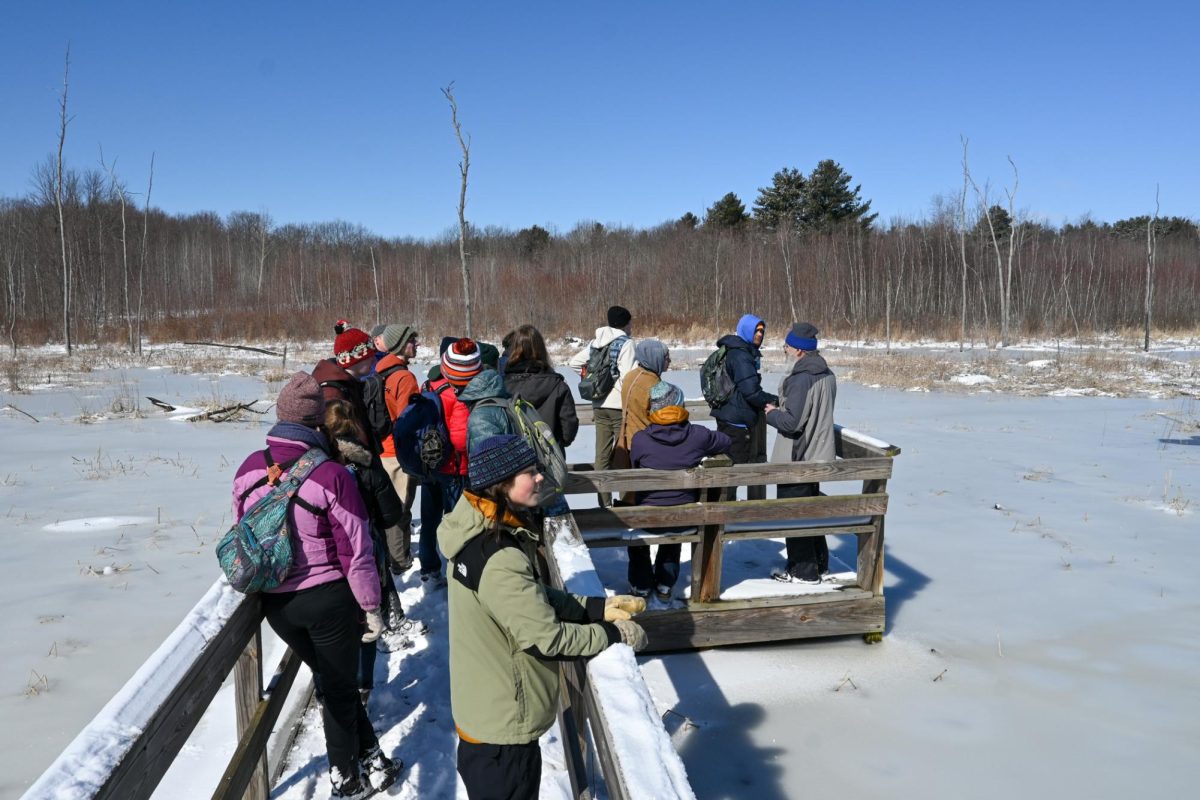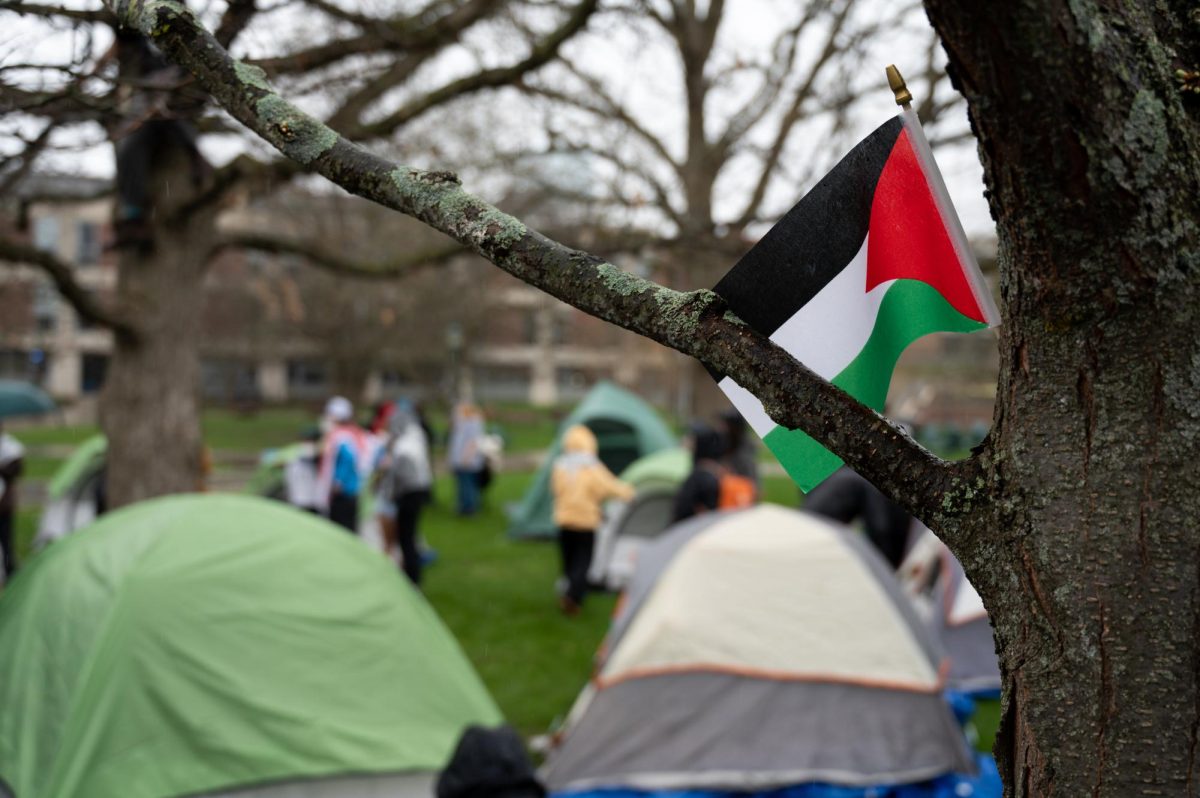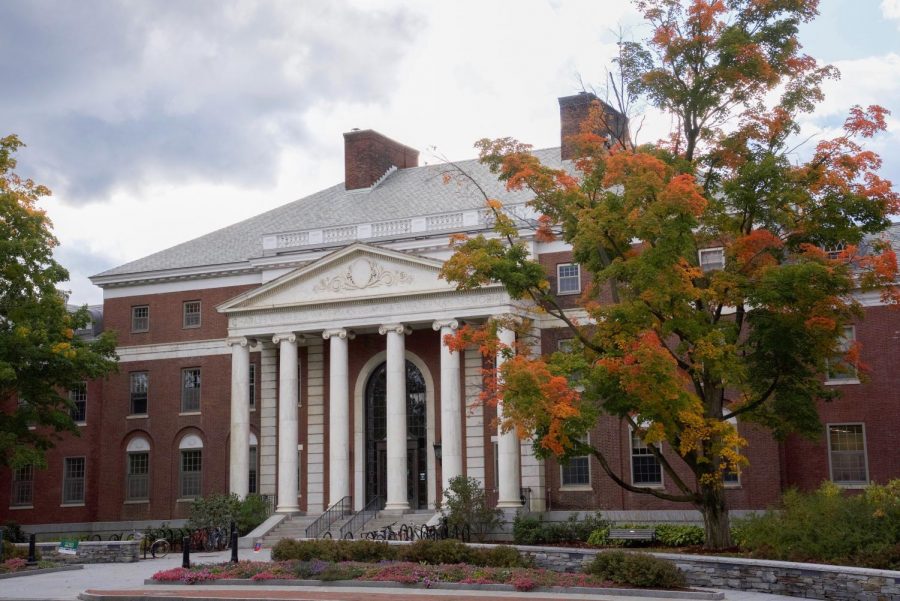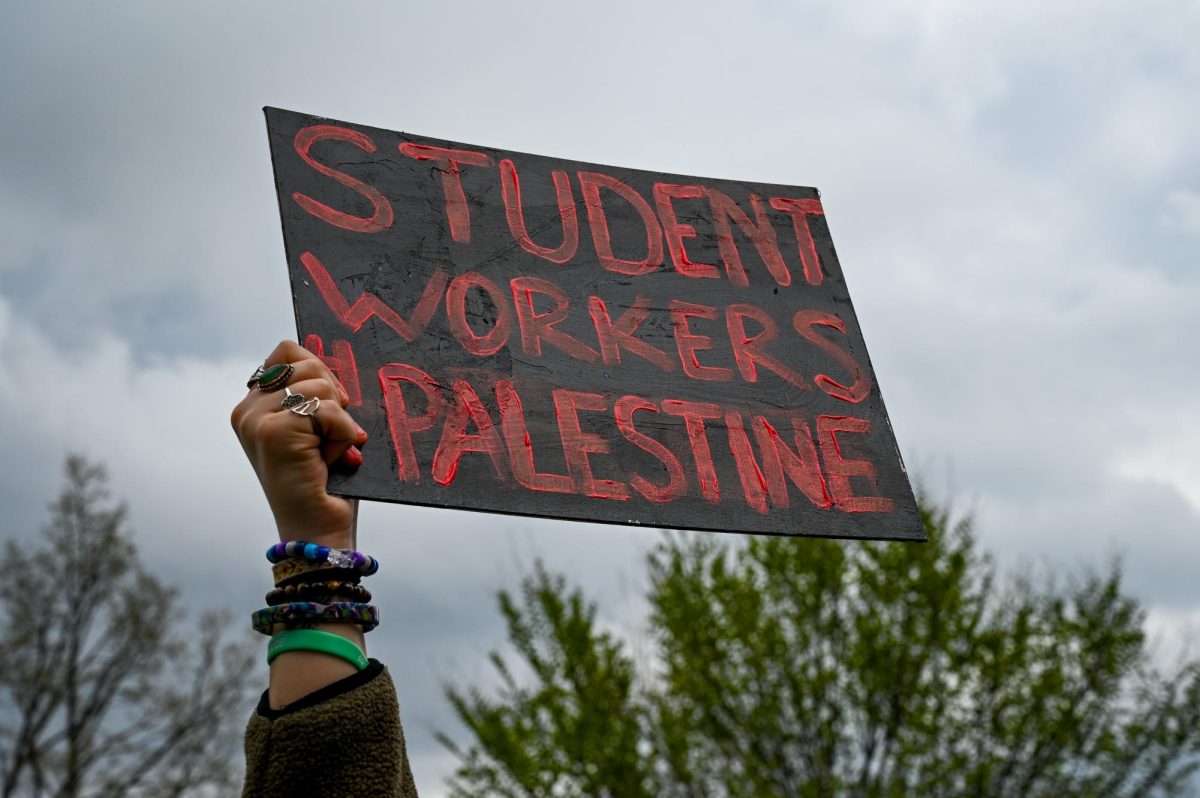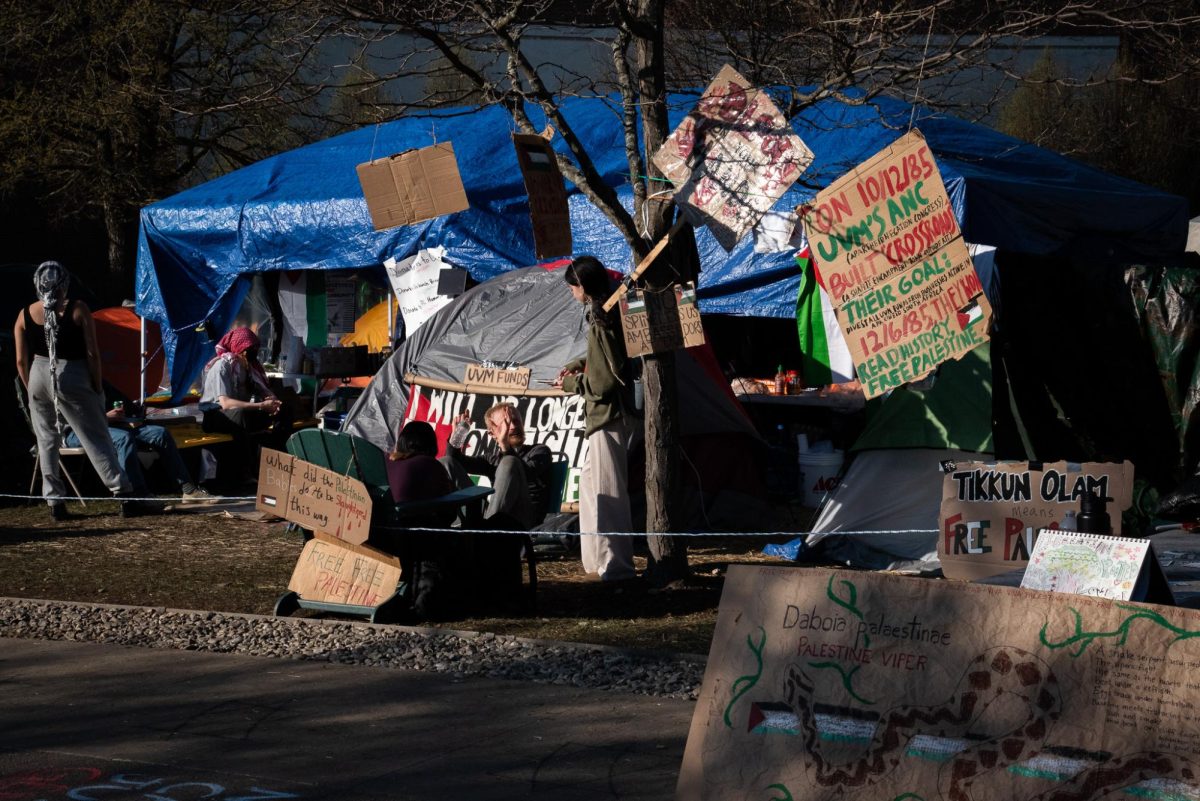Sex has long been a common theme in works of literature across many genres and styles.
With classes covering wide varieties of literary works, pieces with sexual material are seemingly unavoidable, leading to a broader conversation about how to best broach the topic of sex in academia.
Through conversations about censorship, consent and human nature accompanied by stories recounting experiences of sexuality, university professors are tackling this topic head on.
For first-years especially, the transition from the way sex was talked about in high school to in their classes now has been interesting to navigate, said first-year Morgan Weatherbee.
“I don’t think any of this [explicit material] would have been shown in high school,” Weatherbee said. “I don’t think high schoolers can handle this sort of topic as maturely as someone in college.”
Weatherbee’s first year Honors College seminar, Unsustainable Societies, taught multiple short stories that contained sexual themes such as “Inventory” by Carmen Maria Machado, which told the story of a society overrun by a virus through explorations of the protagonist’s sexual identity, Weatherbee said.
Other stories were less sexual thematically, commenting on topics such as capitalism or dystopia. These stories still, however, contained some level of sex through descriptions of various hookups the main characters partake in, sometimes for seemingly no reason, Weatherbee said.
“The sex kind of came out of nowhere,” she said. “I don’t actually quite know why there was a lesbian sex scene.”
One assigned reading even included illustrations. The story follows a company that creates AI pets, but following bankruptcy, has to turn said pets into Tamagotchi-style sex dolls, Weatherbee said.
“[The sex dolls] came out of nowhere. I thought I was safe from the porn,” she said.
One of the new-found duties of the digital-pets-turned-sex-dolls was illustrated for readers in a surprising drawing, said Weatherbee.
“The robot animal was on its knees. It implied that it was sucking the human’s dick,” she said.
Other classes, such as Anatomy of a Short Story, have also been including works with sexual themes in their required reading lists, said first-year Anna Bouchard.
Short stories such as “The Husband Stitch” or “Carnation, Lily, Lily, Rose” are among the many stories dissected and discussed during the seminar-style class. The topics of these stories range anywhere from masturbation to different types of relationships, different kinds of sex and consent, Bouchard said.
Though the stories contain sexual elements, the sex isn’t typically the focus of literary synthesis during class. Instead, sexual content is viewed through a more allegorical lens, she said.
“The focus is on how the story is narrated or the symbolism,” Bouchard said.
Discussions about consent and providing proper trigger warnings for content are also common practice during class, both of which are important for the comfort and wellbeing of students, she said.
Similarly, Weatherbee also noted that trigger warnings are included during her class discussions regarding sexual content.
Class conversations are framed around topics such as consent, trigger warnings and sex as a literary device. The class conversations were carefully framed as to not censor or shy away from material while still simultaneously maintaining a comfortable environment for students, Weatherbee said.
Creating a class environment where difficult conversations can be had is extremely important, said professor of Gender, Sexuality and Identity in American Poetry, Eve Alexandra.
The hybrid seminar and creative writing course focuses mainly on Queer and feminist poetry throughout history, covering poets such as Walt Whitman, Audre Lorde and Adrienne Rich, and exploring many topics related to identity and sexuality, Alexandra said.
“What I really want to do in these classes is create a community or a space to talk about [historically uncomfortable topics],” she said.
Having conversations in academic settings about these difficult topics and acknowledging how they play into our lives is important, Bouchard said.
“I think it’s good to destigmatize it and to have these conversations because, you know, it’s one of those things,” she said. “Art imitates life.”
Though navigating these kinds of conversations may be difficult at times, the subject is dynamic and always evolving, which creates a fascinating challenge, Alexandra said.
“Some of these subjects might be upsetting, but silence and putting them away is not the answer,” Alexandra said.


